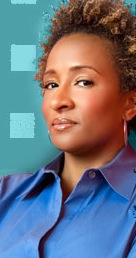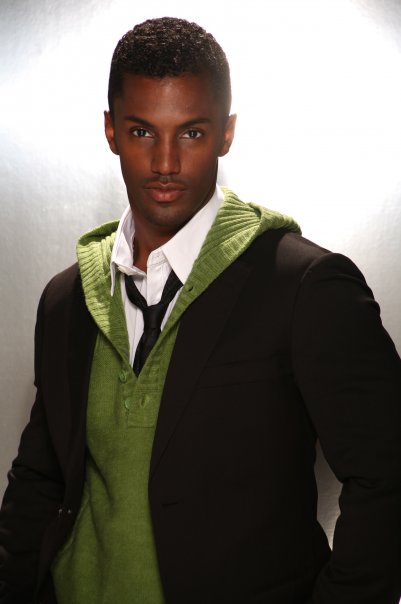NAACP Talks LGBT Issues
The NAACP will host its first-ever town hall meeting on LGBT issues during the 102nd Annual National Convention in Los Angeles (July 23-28). Panelists at the event include actress and comedian Wanda Sykes and civil rights icon Julian Bond.
“Black members of the LGBT community share a common history and continued struggle to address issues of bigotry, yet their identities, talents and leadership are often times diminished because of homophobia and fear of physical violence,” says NAACP President and CEO Benjamin Todd Jealous. “It is important that we address these issues head on.”
Moderated by CNN News Anchor Don Lemon, the forum will examine the significant contributions of black gay leaders within the Civil Rights movement, the role of black straight allies in addressing homophobia, and how the country can collectively overcome LGBT discrimination within the black community.
The inclusion of the panel is a significant move by the NAACP. The civil rights group first showed solidarity with the gay community when it created the LGBT Task Force in partnership with the National Black Justice Coalition (NBJC) several years ago (Bond was also a member).
“The LGBT Task Force represents a historic moment for African-American LGBTs,” Dr. Sylia Rhue said in 2009 when she was interim director of the NBJC. “I believe it will establish the foundation for the NAACP as a forward-looking body, and finally moving it as it recognizes LGBT rights within the NAACP governing body.”
Starting this week, LGBT topics will be discussed by panelists including Professor Beverly Guy-Sheftall of Spelman College, actor Darryl Stephens and writer, scholar and activist Kenyon Farrow.
Earlier this year, the Associated Press also noted that the NAACP has become more cognizant of LGBT issues. “NAACP branches have been recruiting gays, immigrants and young people who grew up in a world far removed from the landmark 1954 Brown vs. Board of Education ruling that outlawed school segregation,” the AP reported. “Now, leadership positions that were once held only by blacks are being filled by members of other racial or ethnic groups.”





